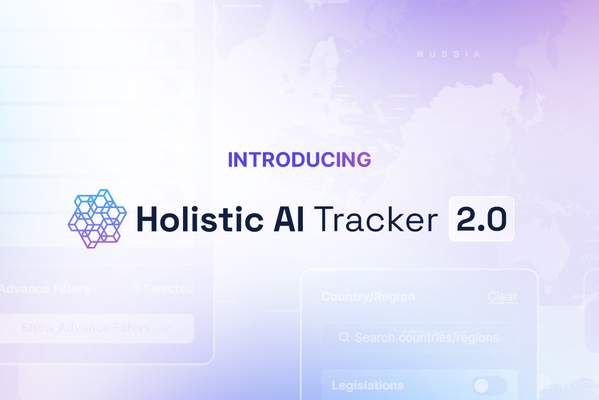January 2025

The AI Tracker is a tool that follows AI legislation, regulation, guidance, and more around the world in real-time. They have also created an eBook that highlights the most significant developments in AI regulation and legislation as we move into 2025 in the APAC, EMEA, and AMER regions. The eBook can be downloaded from the provided link.
December 2024

19 Dec 2024
AI agents are autonomous systems built on large language models that can make judgments and take actions on behalf of users or other systems. They interact with users and their environment and have the ability to access external tools to make decisions. AI agents can learn and improve over time, and have various uses in enterprise settings such as customer service, process automation, and marketing. However, they face challenges such as complexity, resource-intensiveness, privacy concerns, and the need for human oversight during development stages. Additionally, there are ethical concerns associated with AI agents' ability to replicate human personalities, potentially leading to privacy violations and deepfake-related issues. Holistic AI's Safeguard can help audit and monitor LLMs for safer and faster deployment of AI tools.

The US Department of Labor has published a best practices roadmap for worker wellbeing, which outlines principles for workplaces that use AI. The eight principles focus on protecting worker rights and empowering employees, such as ensuring transparency in AI use, establishing AI governance and human oversight, and supporting workers impacted by AI. Although the principles and suggested actions are voluntary and not legally binding, they reflect enacted and proposed AI laws. Integrating these principles can reduce legal, financial, and reputational risks and increase trust in the use of AI in the workplace.
November 2024

The EU AI Act addresses the use of biometric technologies and their implications for privacy, security, and fundamental rights. Biometric data is defined as personal data resulting from specific technical processing relating to the physical, physiological or behavioral characteristics of a natural person. The Act prohibits certain biometrics-related AI practices, such as real-time remote biometric identification systems in public spaces and biometric categorization systems inferring sensitive characteristics. Biometric verification is not prohibited but is still subject to GDPR and other applicable laws. High-risk biometrics-related AI systems, such as emotion recognition and remote biometric identification, must undergo a stricter conformity assessment involving a notified body. Organizations must evaluate their use cases against the Act's provisions to ensure lawful and ethical operation within the EU.

Holistic AI has launched the Holistic AI Tracker 2.0, which features an interactive world map called the Atlas to track activity across eight key areas. The Atlas has filters to help users drill down into specific regions, events and development sectors, with the ability to track changes and get notifications of updates. The AI Tracker is designed as a resource for the community and users are invited to suggest event additions for review by Holistic AI.